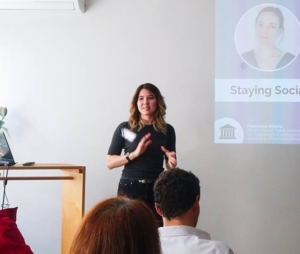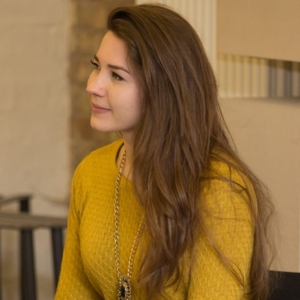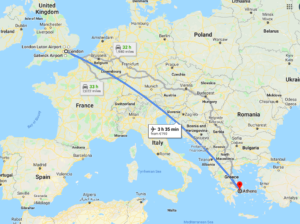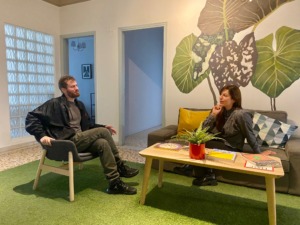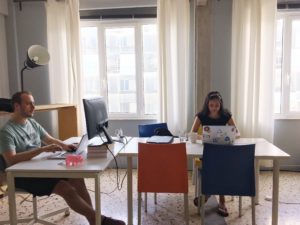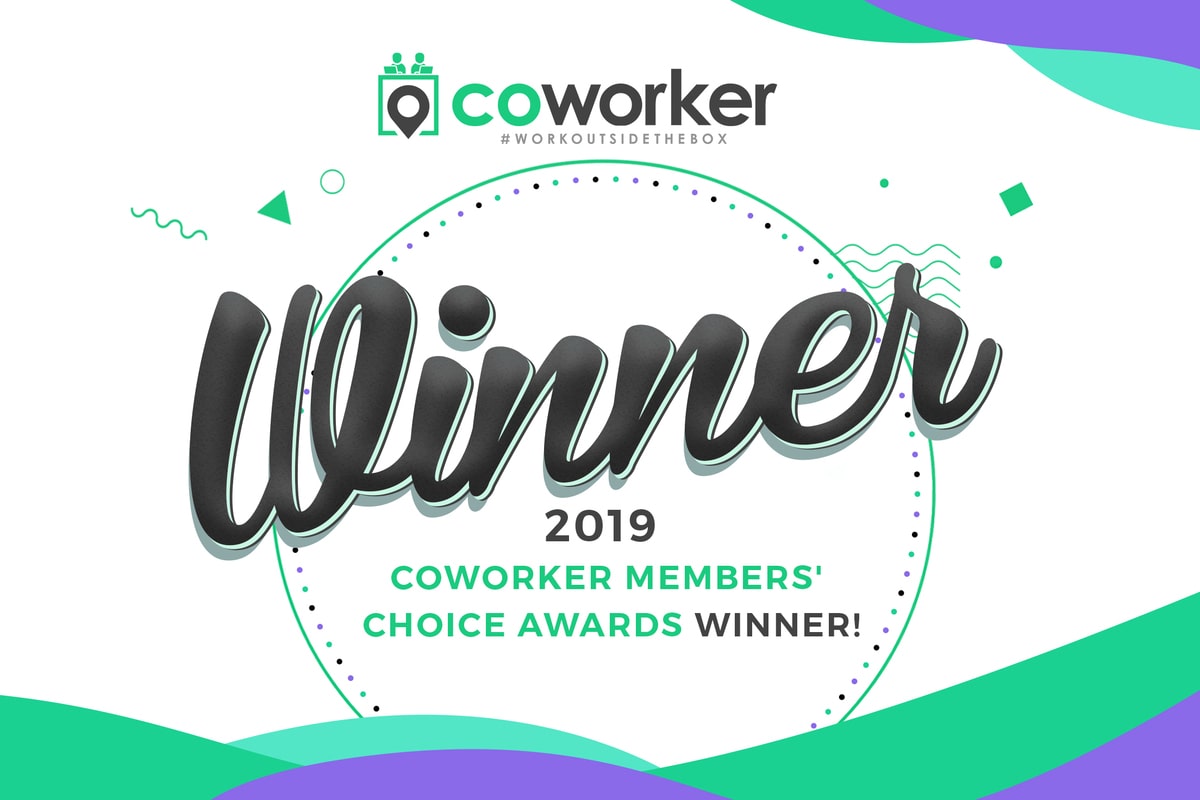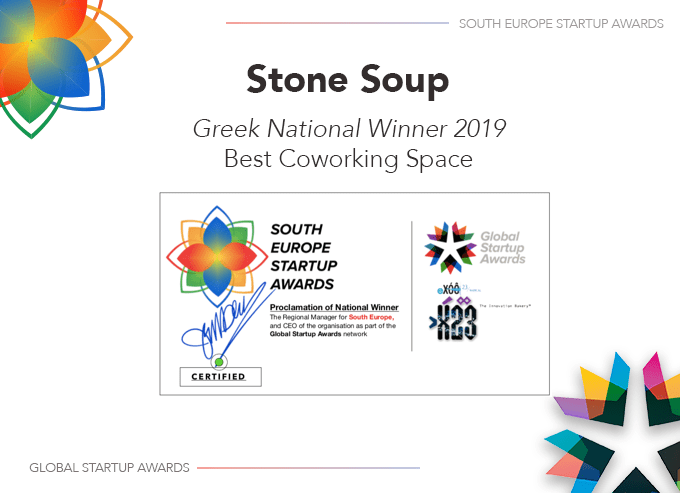Ferryhopper: Enabling you to hop on any island you want!
We would like to focus this week on stories of Greek startup companies that inspire. Stories of teams coming up with new tech solutions to solve existing problems and manage to disrupt a whole industry.
It may not be easy to start a business, especially when it deals with new processes or technologies. Moreover, with so many successful examples coming from countries abroad, it can be discouraging always reading about companies thousands of miles away. However, the good news is that such stories are occurring right here in Athens too, and we would like to share one with you.
Ferryhoper: a new way to book your tickets for the Greek islands
We will introduce you to the story of Ferryhopper; one successful business that was founded right here in Athens, Greece.
Ferryhopper is a platform that allows travelers to find and purchase tickets from over 30 different ferry operators. Founded in 2016 by Christos Spatharakis, Vasileios Lahanas, Panagiotis Sarafis, and Aiden Short, the company has managed to sell over 200,000 tickets to over 160 destinations on its platform. At the forefront of the growing trend of the digitalization of travel services, the company seeks to revolutionize the way people travel by ferry.
Disrupting the tourism business 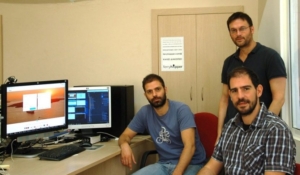
Ferryhopper currently operates from Stone Soup’s office space, and we are very excited to have them here with us and to get to know the team better. To understand how the team has achieved its successes, we had a conversation with Vasiliki, their marketing manager.
“It started out with four guys. Two of them were electrical engineers from NTUA, in Athens and they later met again in CERN during an internship.”
The four founders were avid travelers who found themselves constantly frustrated by the difficulties of traveling between islands in Greece. The team created Ferryhopper with the goal of developing a single platform that would streamline the island hopping process. They consolidated all of the ferry operators and developed an algorithm that allowed travelers to choose routes between islands, even if they were not directly connected. With an emphasis on providing great customer service and user experience, Ferryhopper allowed travelers to book tickets directly on the platform with no service fees.
As Christos e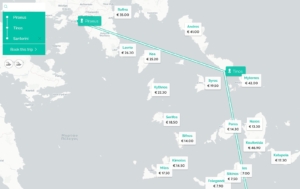 xplains, when entering a mature market filled with established players, without having prior experience or market experts amongst your team it is essential to focus on creating a solid product that solves an actual problem. What is also important is to find the right people for your team who are willing to explore solutions and experiment with novel ideas. In Ferryhopper’s case, once the platform was launched, they received more demand that what they projected – quickly validating their value propositions and paving the way towards receiving funding.
xplains, when entering a mature market filled with established players, without having prior experience or market experts amongst your team it is essential to focus on creating a solid product that solves an actual problem. What is also important is to find the right people for your team who are willing to explore solutions and experiment with novel ideas. In Ferryhopper’s case, once the platform was launched, they received more demand that what they projected – quickly validating their value propositions and paving the way towards receiving funding.
Securing Investments for their startup
As Ferryhopper scaled up over the years, the team began pitching their company to various investors. They received a 30,000 euro award from the Stelios Foundation, and more recently, they raised 600,000 euros through a funding round including Metavallon and easyGroup in 2018.
“Our procedure was to create a pitch deck, and approach some possible investors. It was time consuming because we wanted to create a very strong pitch and we wanted the investors to understand exactly what our product was about.”
Although the company faced challenges during the pitching process, it ultimately paid off as they were able to negotiate an amount and secure the final investment from Metavallon – an investment that will allow the company to further bolster its tech infrastructure and support its international expansion.
Advice for pitching your business
For many companies, particularly younger startups, pitching to investors can be a daunting endeavor. As demonstrated by Ferryhopper, this is a very involved process can take a long time, so it is extremely important to persevere and keep the end goal in mind. To help businesses who are interested in securing their own investments, Vasiliki also shares another tip:
“The perfect tip would be to meet people who could consult you, give you real-time advice, and provide feedback on your pitch decks. We have many incubators here in Athens, and a lot of people who have done this themselves and successfully received investments. You need to have somebody with experience that you can turn to.”
At Stone Soup, we offer such business advice. You may opt-in for the Open Office Hours. They are one-on-one sessions with experts in different fields. The sessions are free of charge and are open to all. Our objective is to share the knowledge beyond our walls and to strengthen the Digital Creative ecosystem in Athens.
What’s Next for the Greek startup?
As for what’s down the line for Ferryhopper, the company wants to continue adding new features to its platform and expanding its presence both at home and abroad.
“What we have in mind is an expansion towards the Mediterranean this summer. Not only Greece, but Italy, Spain, and more.”
What are you waiting for? Hop on to Ferryhopper’s website now to plan your summer vacation in the Mediterranean today. You never know, you might just get inspired to build something new!


